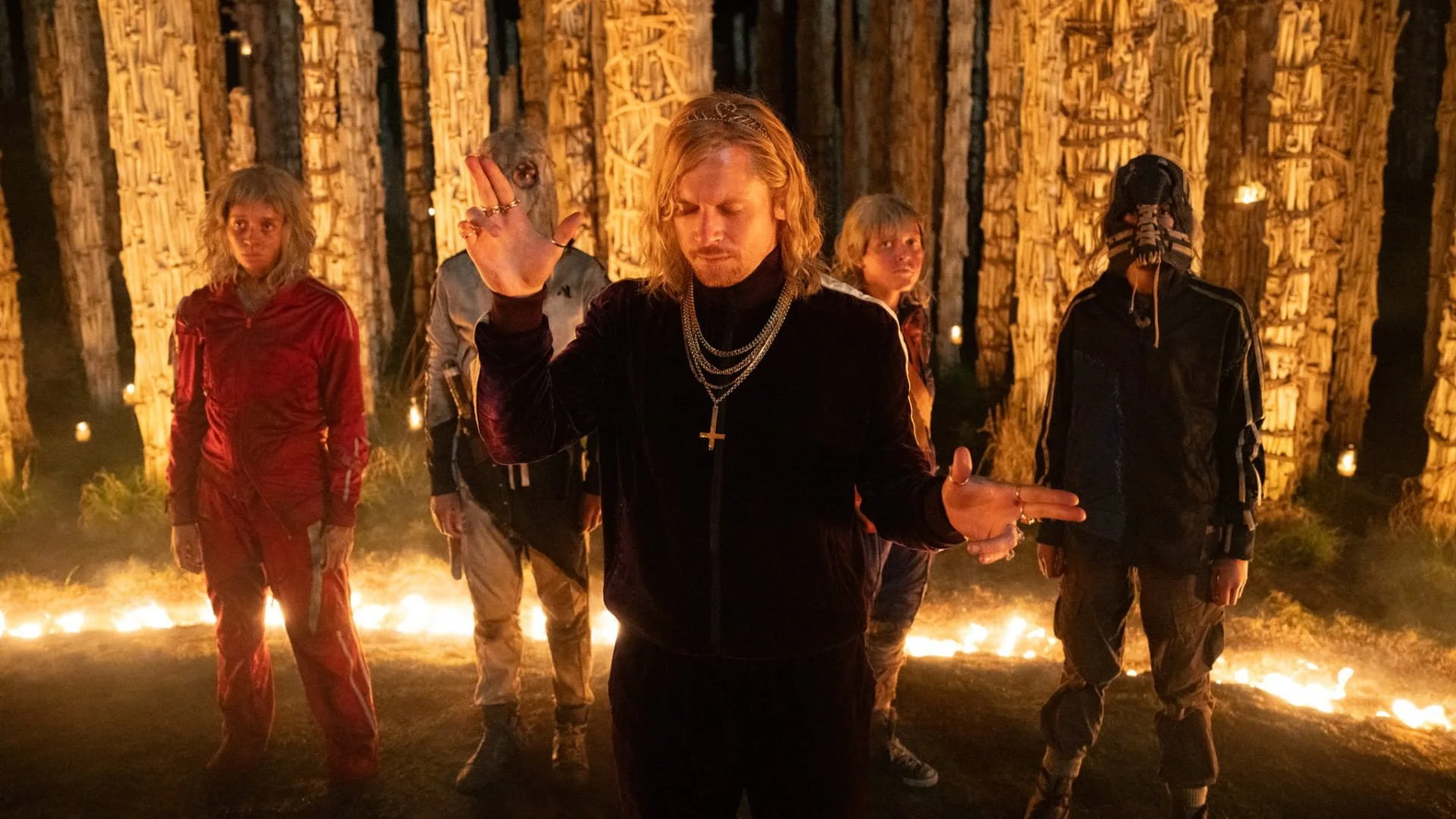Review: Marriage Story (2019)
Marriage Story finds Noah Baumbach doing his best Woody Allen impression to great success. Like Allen’s work in the late 1970s through the 1980s (Annie Hall, Manhattan, Hannah and her Sisters), Marriage Story is a confident blend of domestic drama and middlebrow comedy. It follows the divorce between Charlie (Adam Driver), who runs an avant-garde theatre company in New York City, and Nicole (Scarlett Johansson), an actress who wants to become a film star in her native Los Angeles.
Filmed in warm 35mm and featuring a score by Randy Newman, Marriage Story is about as gracious a film about divorce as you’re likely to find. Baumbach has thankfully jettisoned the bile that defined his earlier work (The Squid and the Whale, Greenberg) and instead focuses on the warmer interactions between the two divorcees. Yes, there’s a climactic screaming match (popularly featured in online memes) and plenty of lying and spitefulness, but Baumbach puts most of the onus for skullduggery on the divorce lawyers (Laura Dern, Alan Alda, Ray Liotta), who stroke Charlie’s and Nicole’s egos in order to feed their greed.
Laura Dern is getting a lot of awards attention for her role as Nicole’s lawyer and plays her character as a blend of Los Angeles lifestyle guru and savvy courtroom manipulator, but Alan Alda is most memorable here with his quiet, thrice-divorced lawyer who speaks in hypotheticals and abstractions like he’s appeared out of a Kafka novel. His constant refrain to Charlie that they won’t go to court, only to refer to “the court” as the justification for every decision they make is hilarious.
Baumbach finds the humour throughout this highly-emotional scenario, whether it’s in the ways that Nicole’s mom, Sandra (Julie Hagerty), sneaks in phone calls with Charlie even after they’ve gone to court, or in an awkward encounter with a court adjudicator who observes Charlie and their kid, Henry’s (Azhy Robertson), routines in a sparse Los Angeles apartment. Baumbach draws lightly on autobiography in the film’s broadest strokes—he too divorced an actress, Jennifer Jason Leigh, and had a contentious bi-coastal separation—but it’s in the finer details where the autobiographical influence is felt most keenly.
The film opens with two montages set to narration and Randy Newman’s lovely score. Charlie discusses the things he loves about Nicole, and Nicole discusses the things she loves about Charlie. Charlie talks about how Nicole is good at playing with Henry, about how she always keeps a packed fridge, and how she has trouble closing cupboards. Nicole talks about how Charlie likes the annoying aspects of being a dad, about how he eats quickly like he’s worried there won’t be enough food for everyone, and how he’s self-sufficient and knows how to cook and clean and keep a house. It’s a beautiful sequence and captures the intimacy of a marriage, where two people are witnesses to each other’s lives and all the peculiarities that come along with it.
Not everyone appreciates Marriage Story’s middlebrow storytelling and its purely emotional stakes. There are accusations that the film is pretentious, that it’s condescending, that it’s overly weighted to Charlie’s perspective and ignores Nicole as a self-actualized individual. All of these critiques may be true depending on your perspective. Like Woody Allen, Baumbach makes movies that are very much about the rich and the comfortable. These are not people dealing with conflict and problems not of their own doing, which can be frustrating to some viewers. But like Allen before him, Baumbach at least recognizes the shortcomings of his characters. Furthermore, unlike in many of his previous films, he does not wallow in the worst aspects of his characters. Instead, he seems more interested in their capacities for grace and growth. Marriage Story does not depict a struggle of life and death, but merely life as these people know it.
8 out of 10
Marriage Story (2019, USA)
Written and directed by Noah Baumbach; starring Adam Driver, Scarlett Johansson, Laura Dern, Alan Alda, Ray Liotta, Azhy Robertson, Julie Hagerty, Merritt Wever, Mark O’Brien.



This mockumentary starring Matt Johnson and Jay McCarrol is a complex metafiction farce and a loving portrait of friendship and Toronto.